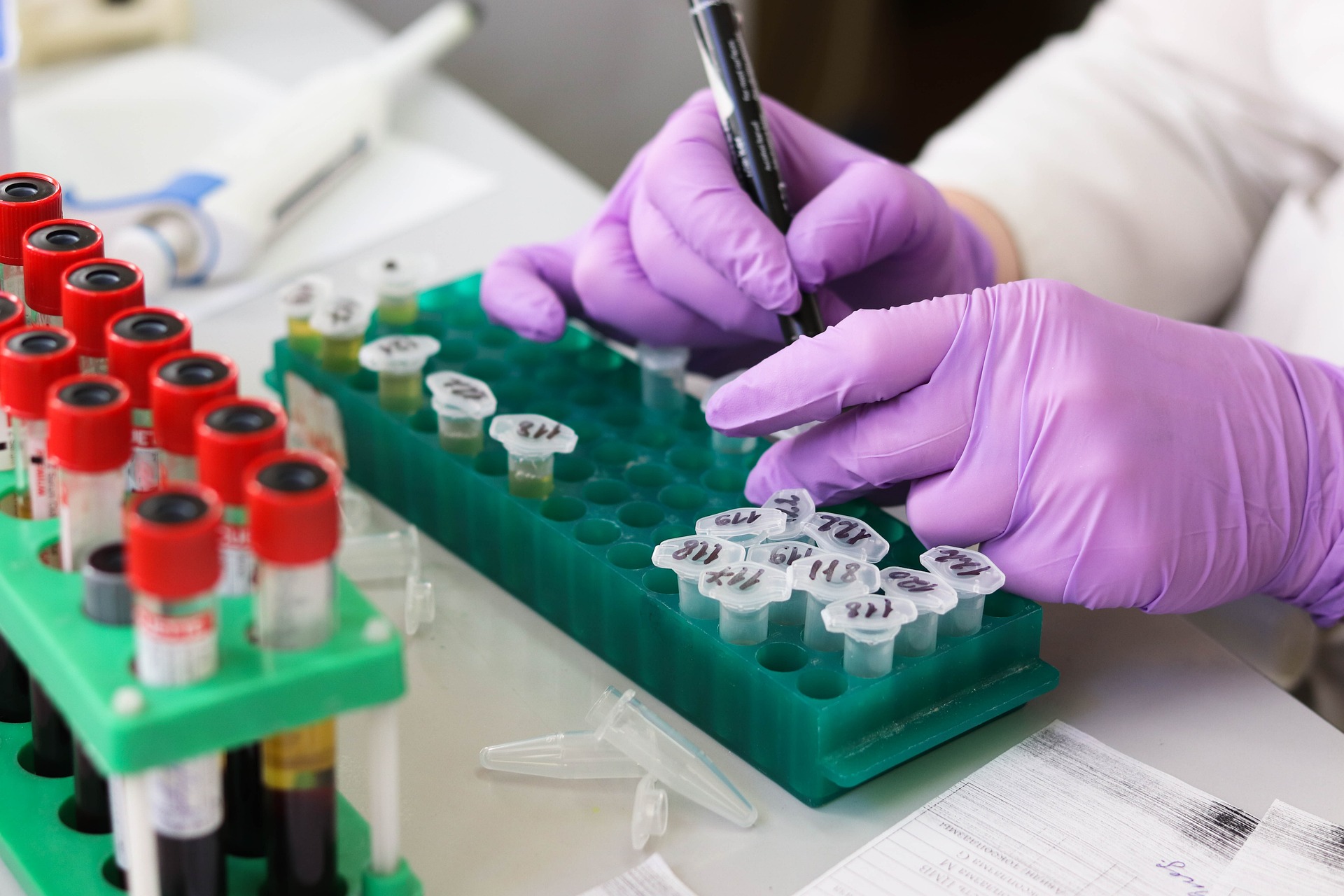
The UE blood test, also known as the Urea and Electrolytes test, is a common blood test conducted in England to assess kidney function and the balance of essential electrolytes in the body. This test provides valuable information about the health of your kidneys and overall fluid and electrolyte balance. This guide aims to help you understand your UE blood test results and the significance of each parameter to maintain optimal health.
The Components of a UE Blood Test
The UE blood test measures several key components:
1. Urea: Urea is a waste product formed when the body breaks down proteins. It is filtered by the kidneys and eliminated through urine. Elevated urea levels may indicate impaired kidney function or dehydration.
2. Creatinine: Creatinine is another waste product generated by muscle metabolism. Like urea, it is filtered by the kidneys, making it an essential indicator of kidney health. High creatinine levels may suggest reduced kidney function.
3. Sodium: Sodium is an electrolyte that helps maintain the body’s fluid balance. Abnormal sodium levels can be a sign of dehydration, kidney problems, or hormonal imbalances.
4. Potassium: Potassium is a crucial electrolyte for nerve and muscle function, including the heart. Abnormal potassium levels can lead to heart rhythm disturbances and other health issues.
Understanding Your UE Blood Test Results
UE blood test results are typically reported in millimoles per liter (mmol/L) or milliequivalents per liter (mEq/L) in England. The optimal ranges for each component are as follows:
Urea: 2.5 – 7.8 mmol/L
Creatinine: 60 – 110 micromoles/L for men, 45 – 90 micromoles/L for women
Sodium: 135 – 145 mmol/L
Potassium: 3.5 – 5.0 mmol/L
Interpreting Your UE Blood Test Results
1. Normal Results: If all components fall within the optimal range, it suggests that your kidneys and electrolyte balance are functioning well.
2. Abnormal Results: Abnormalities in any of the tested components may indicate certain health conditions:
– High Urea and Creatinine: Elevated levels of urea and creatinine may suggest impaired kidney function. Your healthcare provider may conduct further tests to assess kidney health and determine the underlying cause.
– Low Urea and Creatinine: Low levels of urea and creatinine are less common but may indicate conditions like liver disease or malnutrition.
– Abnormal Sodium or Potassium: Deviations in these electrolytes may be caused by various factors such as dehydration, kidney problems, hormonal imbalances, or certain medications.
What to Do After Receiving Your Results
If your UE blood test results are outside the normal range, don’t panic. It’s essential to follow up with your healthcare provider to discuss the results and determine the appropriate course of action. Your doctor may recommend further tests, lifestyle changes, or medications based on the specific findings.
Lifestyle Modifications for Kidney Health
Maintaining kidney health is crucial for overall well-being. Here are some lifestyle tips to support kidney function:
Stay Hydrated: Drink an adequate amount of water throughout the day to keep your body properly hydrated.
Eat a Balanced Diet: Consume a diet rich in fruits, vegetables, whole grains, and lean proteins while limiting processed foods, salt, and sugary beverages.
Exercise Regularly: Engage in regular physical activity to support overall health and circulation.
Avoid Excessive Alcohol and Tobacco: Limit alcohol intake and avoid smoking, as these habits can negatively impact kidney health.
Manage Chronic Conditions: If you have conditions like diabetes or high blood pressure, work closely with your healthcare provider to manage them effectively, as they can affect kidney function.
Understanding your UE blood test results can provide valuable insights into your kidney function and overall electrolyte balance. By interpreting the results correctly and working closely with your healthcare team, you can take proactive steps to maintain and improve your kidney health, leading to a healthier and more vibrant life.
